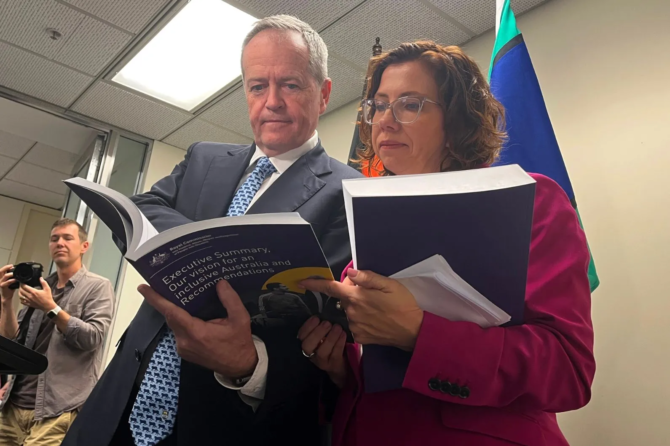
At last, the battle to save the NDIS has begun
Make no mistake – this Bill is about containing costs. And for good reason.
The spiralling cost growth of the NDIS – the National Disability Insurance Scheme – threatens its very existence. Doing nothing will only quicken its demise; moderating how much the NDIS grows year on year is essential to keeping this remarkable scheme going well into the future.
NDIS 2.0 will be better than Mark 1. It could finally banish the existential threat of uncontained cost growth, introduce consistency in the amount of funding each person gets and what they can spend it on, and ensure that only the people that need it will stay on the scheme for life.
Who can join the scheme, how long they can stay in it, and what they can spend their funding on could all be different as soon as June, if the Bill is passed.
The Bill more clearly defines the two categories of Australians the NDIS is designed to help: those who join through the scheme’s early intervention pathway, and those who join by meeting the eligibility criteria of permanent and severe disability. These categories already exist, but they don’t work the way they should.
A young child with developmental delay and an adult with a recently acquired spinal cord injury need very different things from the NDIS. Evidence-based therapies that foster the child’s development and minimise long-term impacts of a diagnosis justify a short-term funding plan with a fixed budget. By contrast, an adult with a spinal cord injury needs a much more individualised plan that helps them maximise their independence and pursue their long-term goals.
Under the Bill, people who join the NDIS as early intervention candidates, particularly children with autism or developmental delay and adults with episodic psychosocial disability (disabilities arising from severe mental illness), will have shorter-term plans that allow the agency to see if early intervention is working and reassess their need to be in the scheme.
The Bill also puts an end to the absurd situation where people can ignore correspondence from the agency and stay on the NDIS without being reassessed to see if they still need it.
Source: Read complete article here
Leave a reply